
This second open access volume of the handbook series deals with detectors, large experimental facilities and data handling, both for accelerator and non-accelerator based experiments. It also covers applications in medicine and life sciences. A joint CERN-Springer initiative, the “Particle Physics Reference Library” provides revised and update...

This open book, Crisis and Legitimacy in Atlantic American Narratives of Piracy: 1678-1865, examines literary and visual representations of piracy beginning with A.O. Exquemelin's 1678 Buccaneers of America and ending at the onset of the US-American Civil War. Examining both canonical and understudied texts - from Puritan sermons, James Fenimo...

This open book on the history of the National Radio Astronomy Observatory covers the scientific discoveries and technical innovations of late 20th century radio astronomy with particular attention to the people and institutions involved. The authors have made extensive use of the NRAO Archives, which contain an unparalleled collection of documents ...

This open book analyses the past, present and future of the technical university as a single faculty independent institution. The point of departure is a view of changing academic realities, through which the identity as a technical university is challenged and reconstituted. More specifically, the book connects the development of technical univers...
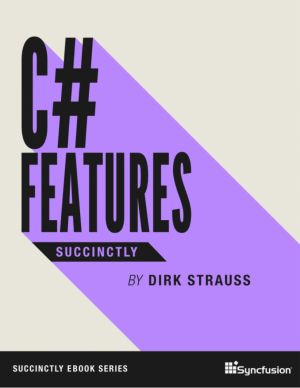
C# Features Succinctly is a concise guide to the significant features packaged in C# 7, 8, and 9. To help readers understand the evolution of the language, author Dirk Strauss first covers the important additions that arrived in version 7, such as tuples, pattern matching, and out variables. Next, he covers more than a dozen features in version 8, ...
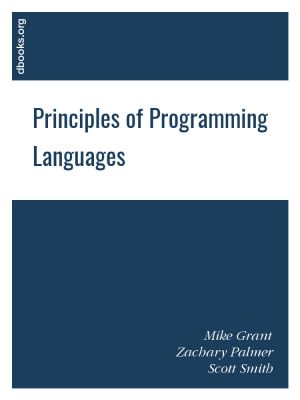
In this open book, our goal is to study the fundamental concepts in programming languages, as opposed to learning a range of specific languages. Languages are easy to learn, it is the concepts behind them that are difficult. The basic features we study in turn include higher-order functions, data structures in the form of records and variants, muta...
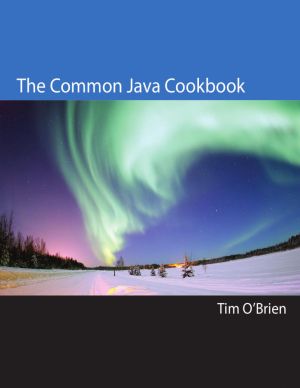
In this book, you'll find information about a set of libraries developed within the Apache Commons (also referred to as "Commons"). Commons is a set of small, popular components which forms a Top-level Project at the Apache Software Foundation. Ranging from the elementary to the complex, many would consider some of these libraries in...
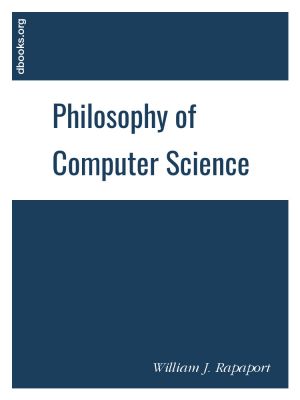
This book looks at some of the central issues in the philosophy of computer science. It is not designed to answer all (or even any) of the philosophical questions that can be raised about the nature of computing, computers, and computer science. Rather, it is designed to "bring you up to speed" on a conversation about these issues - to gi...
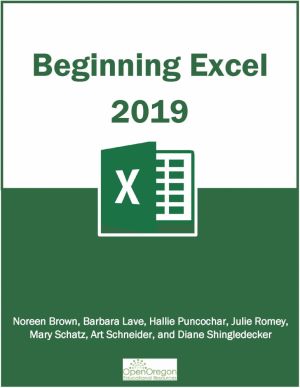
This open book was written for a community college introductory course in spreadsheets utilizing Microsoft Excel. While the figures shown utilize Excel 2019, the textbook was written to be applicable to other versions of Excel as well. The book introduces new users to the basics of spreadsheets and is appropriate for students in any major who have ...
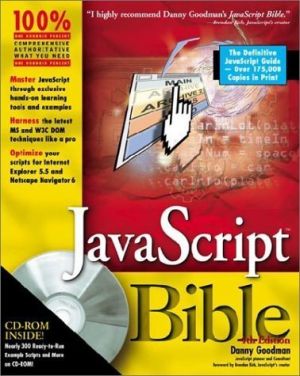
Greatly enhanced and updated from the third edition, this is the title any JavaScripter cannot afford to be without! JavaScript Bible, 4th Edition covers the new powerful functionality JavaScript will gain with the release of new revs of Internet Explorer and Netscape Communicator. This book features essential new JS information, additional ready-t...
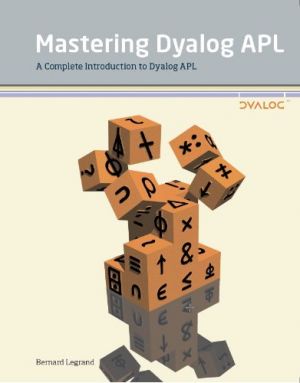
Mastering Dyalog APL is a complete guide to the use of Dyalog, beginning with a thorough introduction to the APL programming language. Following this, the tutorial describes a large number of common coding techniques and discusses a variety of interfaces, including file handling and COM/OLE. Bernard Legrand provides a comprehensive introduction to ...

The fact that current compact cameras produce good (or at least, adequate) pictures in most photographic situations is at the root of this book. The main aim of the book is to show how such a camera can be operated and its controls tweaked to cover many different photographic conditions and requirements. (To put it another way, the chief goal of th...
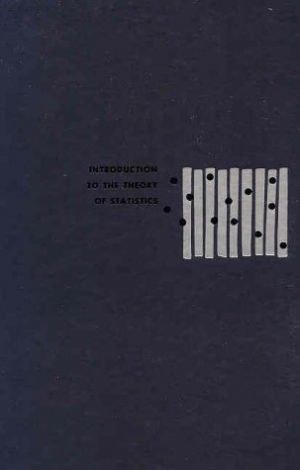
The purpose of the 3rd edition of this book is to give a sound and self-contained (in the sense that the necessary probability theory is included) introduction to classical or mainstream statistical theory. It is not a statistical-methods-cookbook, nor a compendium of statistical theories, nor is it a mathematics book. The book is intended to be a ...
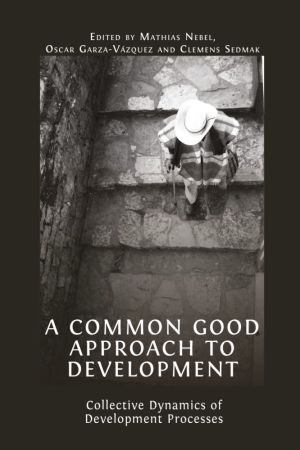
This edited collection proposes a common good approach to development theory and practice. Rather than focusing on the outcomes or conditions of development, the contributors concentrate on the quality of development processes, suggesting that a common good dynamic is key in order to trigger development.
Resulting from more than three years of r...
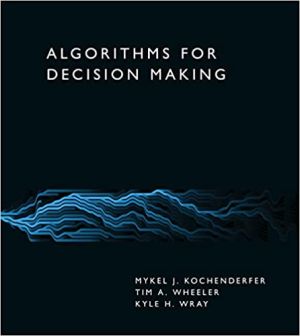
A broad introduction to algorithms for decision making under uncertainty, introducing the underlying mathematical problem formulations and the algorithms for solving them.
Automated decision-making systems or decision-support systems - used in applications that range from aircraft collision avoidance to breast cancer screening - must be designed...
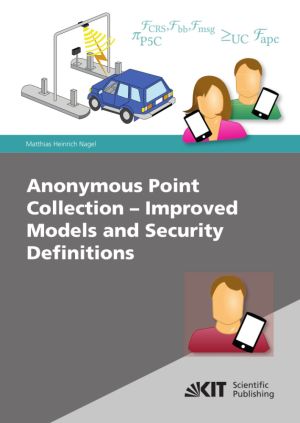
This book is a comprehensive, formal treatment of anonymous point collection. The proposed definition does not only provide a strong notion of security and privacy, but also covers features which are important for practical use. An efficient realization is presented and proven to fulfill the proposed definition. The resulting building block is the ...
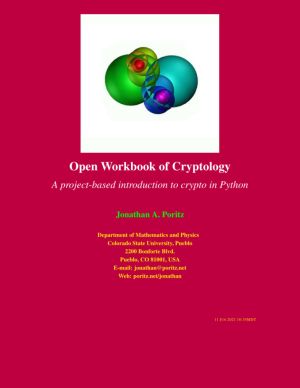
Everyone needs a little cryptology.
The problem with crypto is that it has a reputation of being very hard and mysterious, as well as very easy to get wrong. While there are aspects of crypto that are connected to quite modern and complex theories - such as number theory, an old and deep branch of mathematics; complexity theory, a new(er) and su...
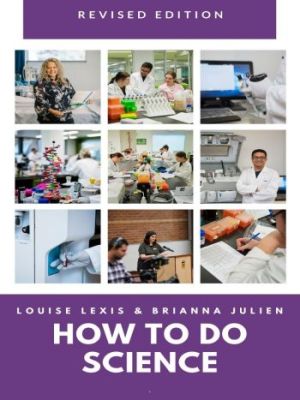
How To Do Science has been written for students of the life sciences who are actively engaged in the scientific process. This guide introduces you to what it means to be a scientist. You will learn about the scientific method and how to carry out many tasks of a scientist, including: designing experiments, visualising data, accessing scientific lit...
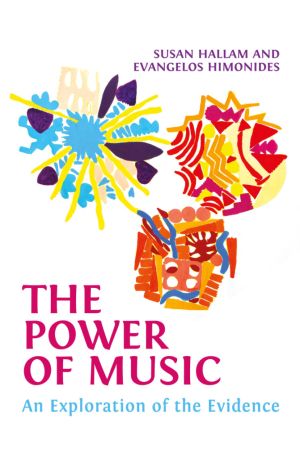
Building on her earlier work, The Power of Music: A Research Synthesis of the Impact of Actively Making Music on the Intellectual, Social and Personal Development of Children and Young People, this volume by Susan Hallam and Evangelos Himonides is an important new resource in the field of music education, practice, and psychology. A well signposted...
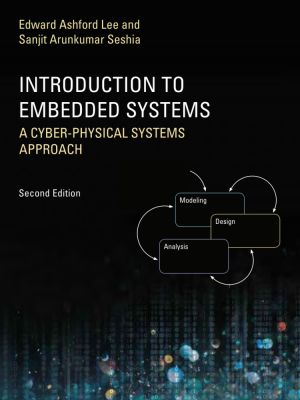
An introduction to the engineering principles of embedded systems, with a focus on modeling, design, and analysis of cyber-physical systems.
The most visible use of computers and software is processing information for human consumption. The vast majority of computers in use, however, are much less visible. They run the engine, brakes, seatbelts,...

Becoming a Scholar provides a window into the lives of nine non-traditional doctoral students. As mature, part-time, international students enrolled in a professional doctorate programme, they reflect on the transformation process of becoming scholars, and their narratives provide breadth and depth to themes that represent a diverse cross-section o...
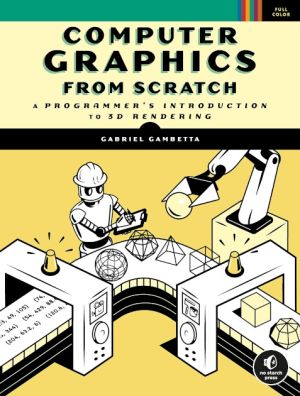
Computer graphics programming books are often math-heavy and intimidating for newcomers. Not this one. Computer Graphics from Scratch takes a simpler approach by keeping the math to a minimum and focusing on only one aspect of computer graphics, 3D rendering.
You'll build two complete, fully functional renderers: a raytracer, which simulate...

This workbook was designed for the Introduction to Archaeology (ANTH 2339) class in the Department of Sociology and Anthropology, University of Texas at Arlington. It was created to provide exercises that supplement and expand on topics and issues raised in lecture. For each major topic, students complete exercises that serve a range of functions; ...
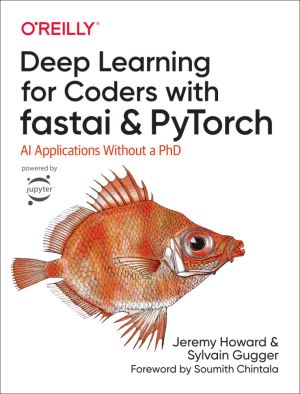
Deep learning is often viewed as the exclusive domain of math PhDs and big tech companies. But as this hands-on guide demonstrates, programmers comfortable with Python can achieve impressive results in deep learning with little math background, small amounts of data, and minimal code. How? With fastai, the first library to provide a consistent inte...
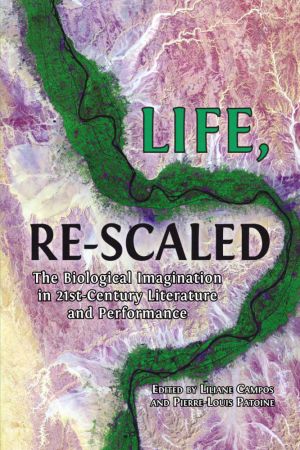
This edited volume explores new engagements with the life sciences in contemporary fiction, poetry, comics and performance. The gathered case studies investigate how recent creative work reframes the human within microscopic or macroscopic scales, from cellular biology to systems ecology, and engages with the ethical, philosophical, and political i...

In this rigorous and necessary book, Kristien Hens brings together bioethics and the philosophy of biology to argue that it is ethically necessary for scientific research to include a place for the philosopher. As well as ethical, their role is conceptual: they can improve the quality and coherence of scientific research by ensuring that particular...
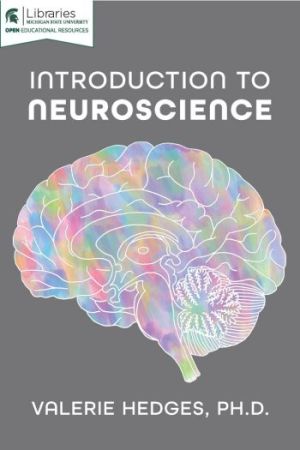
Introduction to Neuroscience is designed for undergraduate students enrolled in introductory neuroscience courses. This book specifically targets students enrolled in Introduction to Neuroscience 1 and Introduction to Neuroscience 2 at Michigan State University and primarily contains topics covered in those courses.
This first edition will guide...

This book is an introduction to the language of systems biology, which is spoken among many disciplines, from biology to engineering. Authors Thomas Sauter and Marco Albrecht draw on a multidisciplinary background and evidence-based learning to facilitate the understanding of biochemical networks, metabolic modeling and system dynamics.
Their pe...
